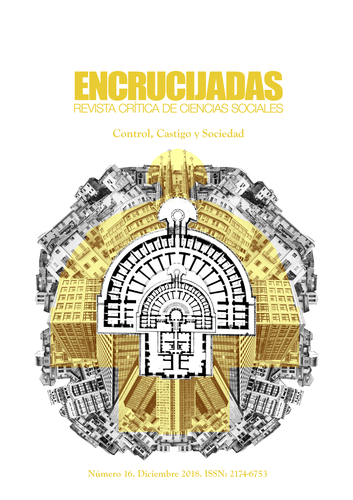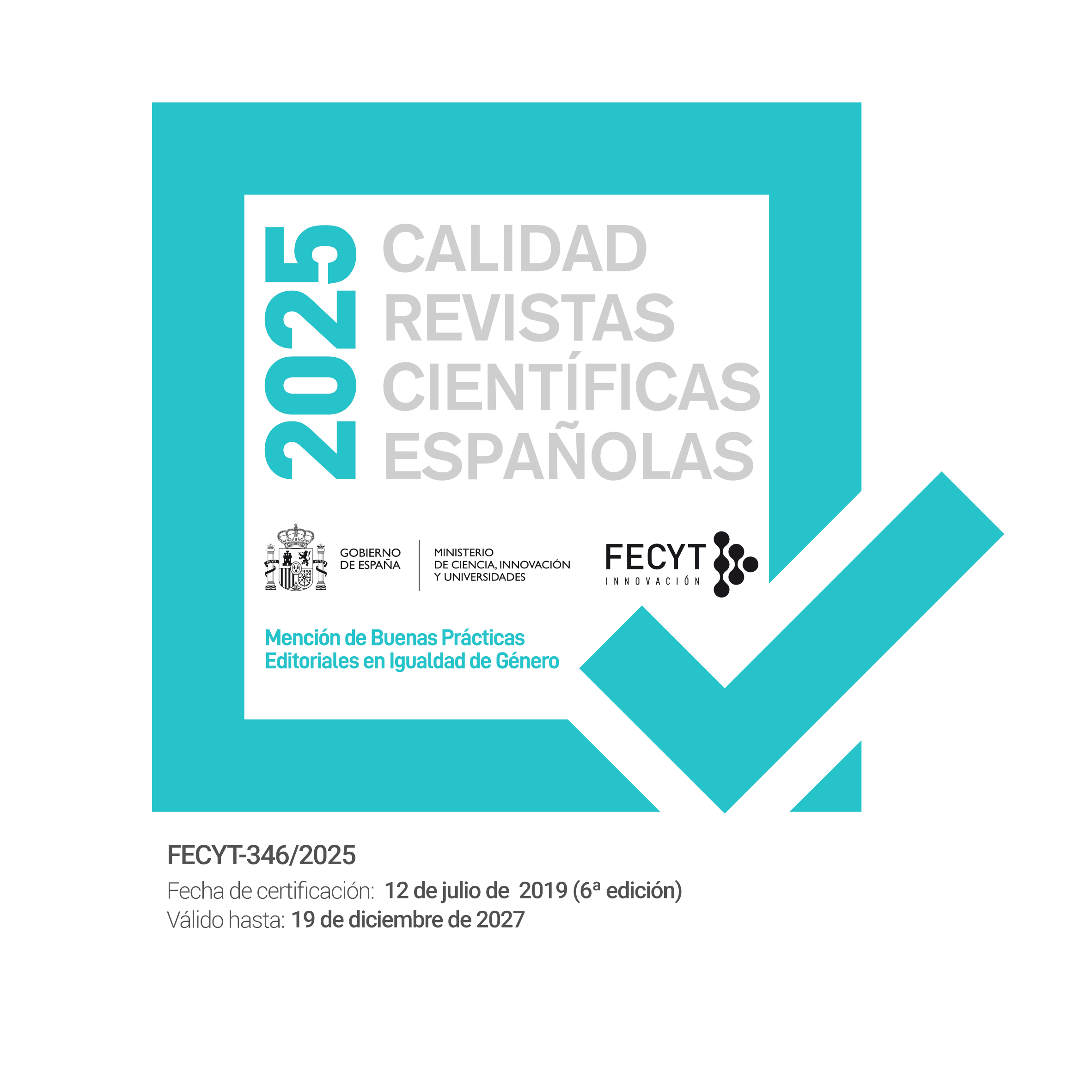Racist narratives and criteria of police selectivity. Esperiences of police rape of young people from popular sectors (Río Cuarto, Argentina)
Keywords:
Youth from popular sectors, racist narratives, police selectivity criteria.Abstract
In the last decades, Latin America has been crossed by a speech that incorporates security in a code of order and focuses on pursuing small incivilities to avoid possible major dangers. In this article, we identify and describe different dimensions that make up a "racist narrative" (in the Bonvillani sense) in the city of Río Cuarto, (Córdoba, Argentina), inscribing them in the criteria of police selectivity focused on the capture and persecution of young people of popular sectors. From the qualitative fieldwork (in-depth interviews) of a completed research, we answer two questions: What are the ethnic-racial characteristics that enter into dialogue with other dimensions of the experience of these young people articulating a racist narrative and its logics of exclusion? Can one consider the rules that have governed the contraventional detentions that affect these young people as institutionalization of racism?
Downloads
Downloads
Published
How to Cite
Issue
Section
License
Los autores/as conservan los derechos de autor y ceden a la revista el derecho de la primera publicación, con el trabajo registrado con la licencia de atribución de Creative Commons Reconocimiento-NoComercial (CC-BY 4.0), que permite a terceros utilizar lo publicado siempre que mencionen la autoría del trabajo y a la primera publicación en esta revista. Encrucijadas permite y se anima a todas las personas autoras a depositar la versión final publicada en repositorios institucionales o temáticos de acceso abierto, cumpliendo en caso necesario los términos establecidos por la entidad financiadora de la investigación.





